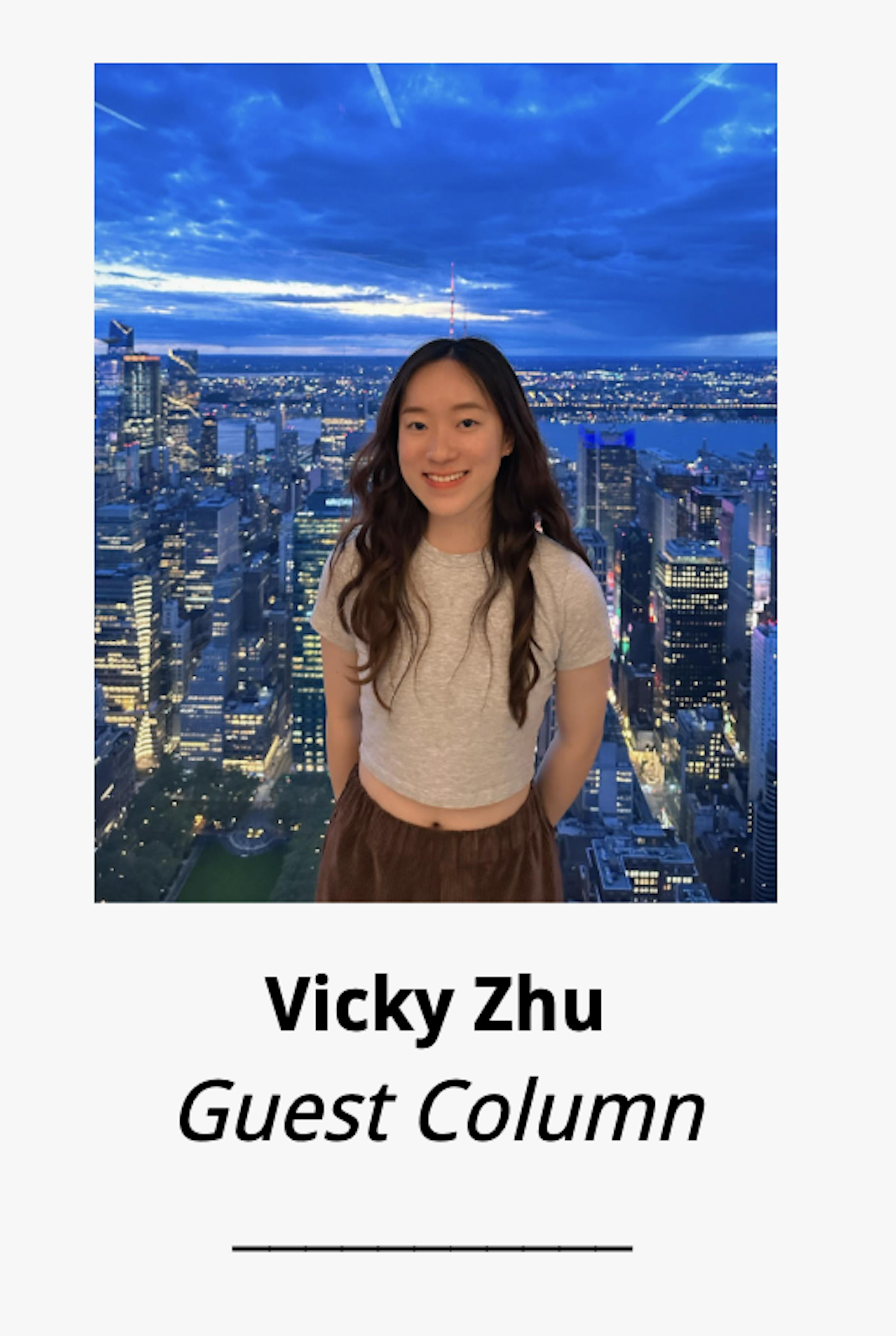
Over winter break, my family’s activity and conversation revolved around a TV series called Blossoms Shanghai. Set in the ‘90s in Shanghai, the show interweaves stories of young Shanghainese fighting for their future in their own ways as the city undergoes tremendous economic changes.
To my mom, the series reconstructed nostalgic vibes of Shanghai during her college years. To my dad, the series brought back memories of waiting in long lines and making risky decisions at the blooming stock market. To me, the series was a window to learn about my parents’ youth, Shanghai’s history and, most importantly, Shanghai’s language.
Blossoms Shanghai is special for its all-Shanghainese narration and dialogue. Shanghainese shares most words with Mandarin but has unique pronunciations and inflections. There are words whose connotations can only be conveyed precisely and succinctly in Shanghainese but not in Mandarin. Shanghainese also has words that sound similar to Western languages due to Shanghai’s colonial history.
Unfortunately, Shanghainese is experiencing a declining status, as it is neither taught at schools nor considered a formal language at workplaces. This is because Shanghai is a financial and cultural center where many different dialects converge. It is diluted in everyday life in the city.
The show seamlessly joins existing efforts to preserve and continue the legacy of Shanghainese. And it surely ignites my determination in brushing up my Shanghainese and, more importantly, appreciating and reflecting on my identity as a Shanghainese.
I grew up surrounded by Shanghainese — my parents’ conversations at home, my relatives’ chitchats at family gatherings and neighborhood elders’ loud gossip. Still, although I passively listened to Shanghainese, I almost exclusively used Mandarin to talk to my family, teachers and friends. Although born into a perfect environment to learn Shanghainese, I wasn’t aware of its importance to my identity as a result of its dilution in the city’s daily life. So I could understand Shanghainese but could barely use it to communicate.
I never realized how important Shanghainese was to me until I almost failed to assert my identity. Once, at an old-style restaurant known for its authentic Shanghainese cuisine, the owner greeted me with small talk and asked to take my order in very fast Shanghainese. I stuttered awkwardly in Shanghainese, embarrassed by the feeling that the language felt foreign to my tongue. The owner said I could just order in Mandarin and asked where I was from, curious about how I learned my wobbly Shanghainese. I blushed and asserted in Shanghainese that I was born and grew up in Shanghai. Seeing my embarrassment, the owner smiled understandingly, pointing out that my generation is not as fluent in Shanghainese, and encouraged me to speak more.
A wave of embarrassment and shame swept over me as I grappled with a realization — Shanghainese had the definitive power to represent my identity, but I was far from mastering the language.
After I moved to the U.S., I found myself insisting to use my broken Shanghainese when I FaceTimed my parents, despite sounding very awkward and inauthentic. It was only when I found myself away from home that I held onto Shanghainese — as my only tie to home.
Shanghainese is the collective tradition and wisdom of generations of Shanghai natives creating, modifying and searching for words to communicate what is important to them. Shanghainese carries my nostalgia for my hometown, and speaking it is evocative of the comfort and warmth of the city — it assures me that I am still connected to my home and am continuing the enduring legacy of the city.
Moving to the U.S. has encouraged me to reflect on what being Chinese means to me, but I seem to have neglected Shanghainese as an important layer of my identity enveloped by Chinese. Watching Blossoms has not only motivated me to speak more Shanghainese but also to reflect on what being Shanghainese means to me.
Blossoms Shanghai has shown me how Shanghainese is used outside of my immediate family interactions: in friendly jokes between friends, in flirting between lovers, in serious conversations about the stock market and in characters’ deep-felt introspections. I am touched by the special rhythm and spirit that the dialect instills into Shanghainese’s lifestyle: vibrant, warm and determined.
I have started speaking exclusively in Shanghainese at home and with relatives. Instead of being scared or discouraged by awkward mistakes, I embrace opportunities to polish my skills. When I run into Shanghai natives at grocery stores or local restaurants, I engage in conversations with them in Shanghainese. I don’t want Shanghainese to be diluted; I will continue speaking it to establish its presence representing the city’s identity and legacy.
Walking down the streets of Shanghai, I marvel at the differences between the cityscape before me and the Shanghai depicted in Blossoms. Financial centers of neon-lit mirage in the ‘90s are replaced by modern skyscrapers soaring into the sky and overlooking the city.
One thing that has not changed is Shanghainese, still audible at every corner of the city.
Vicky Zhu is a sophomore from Shanghai, China studying Neuroscience. She is a Science and Technology Editor for The News-Letter.





